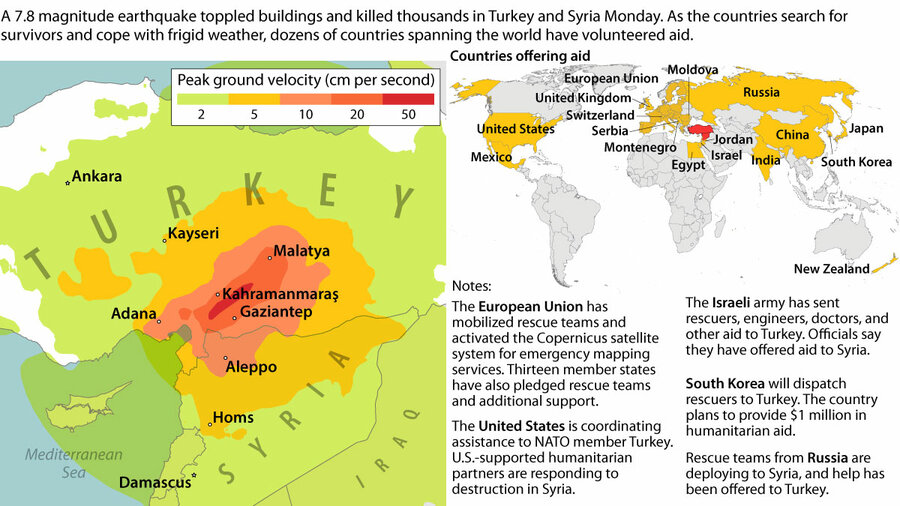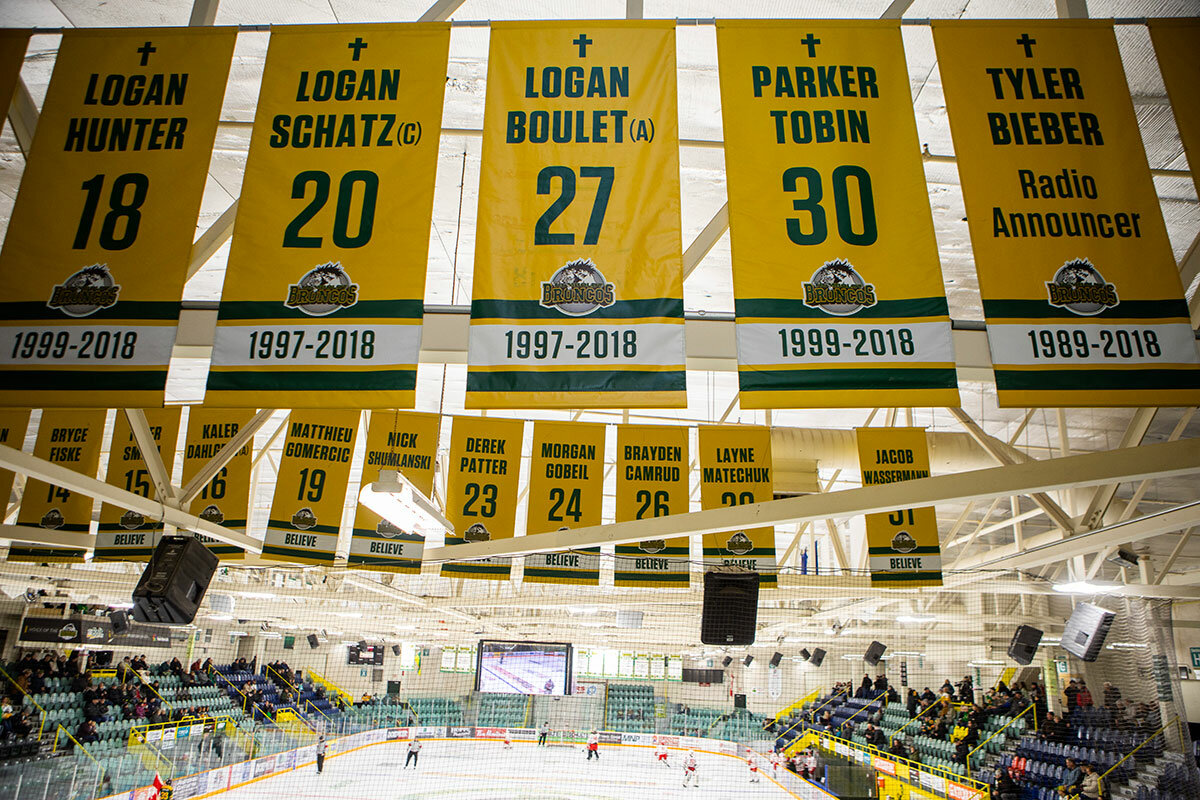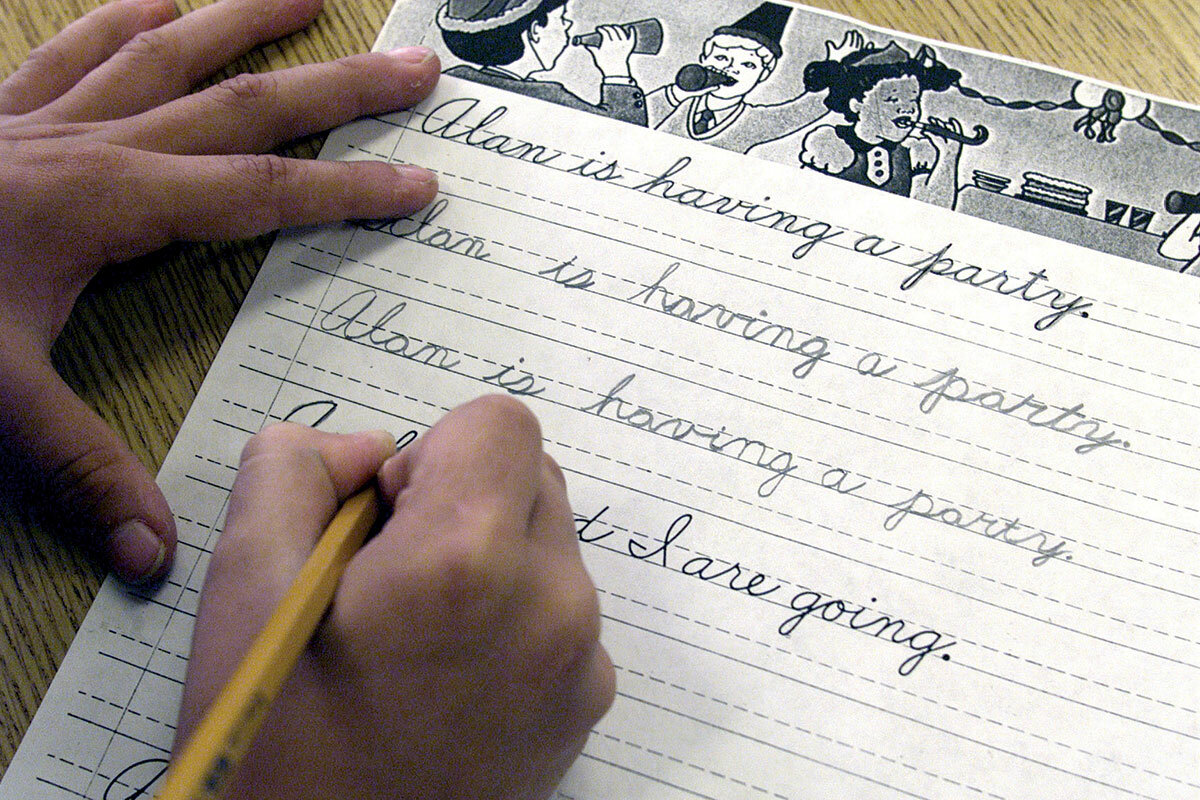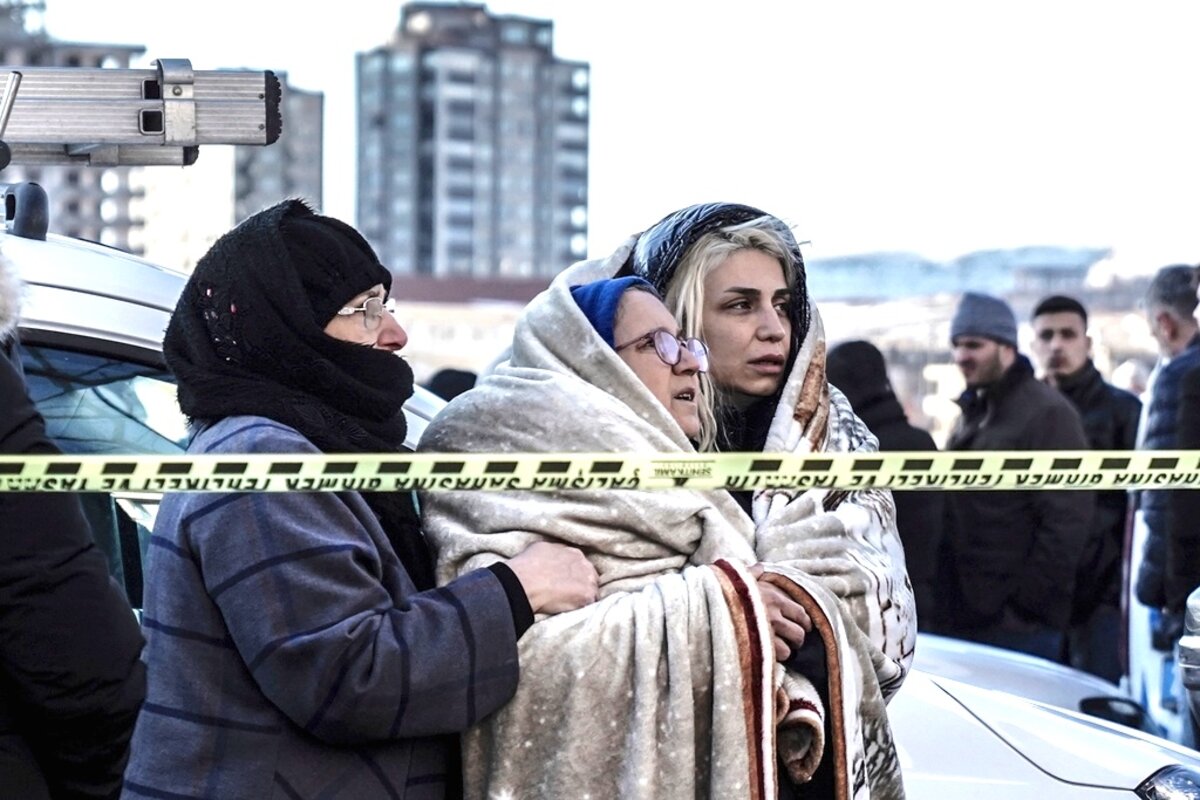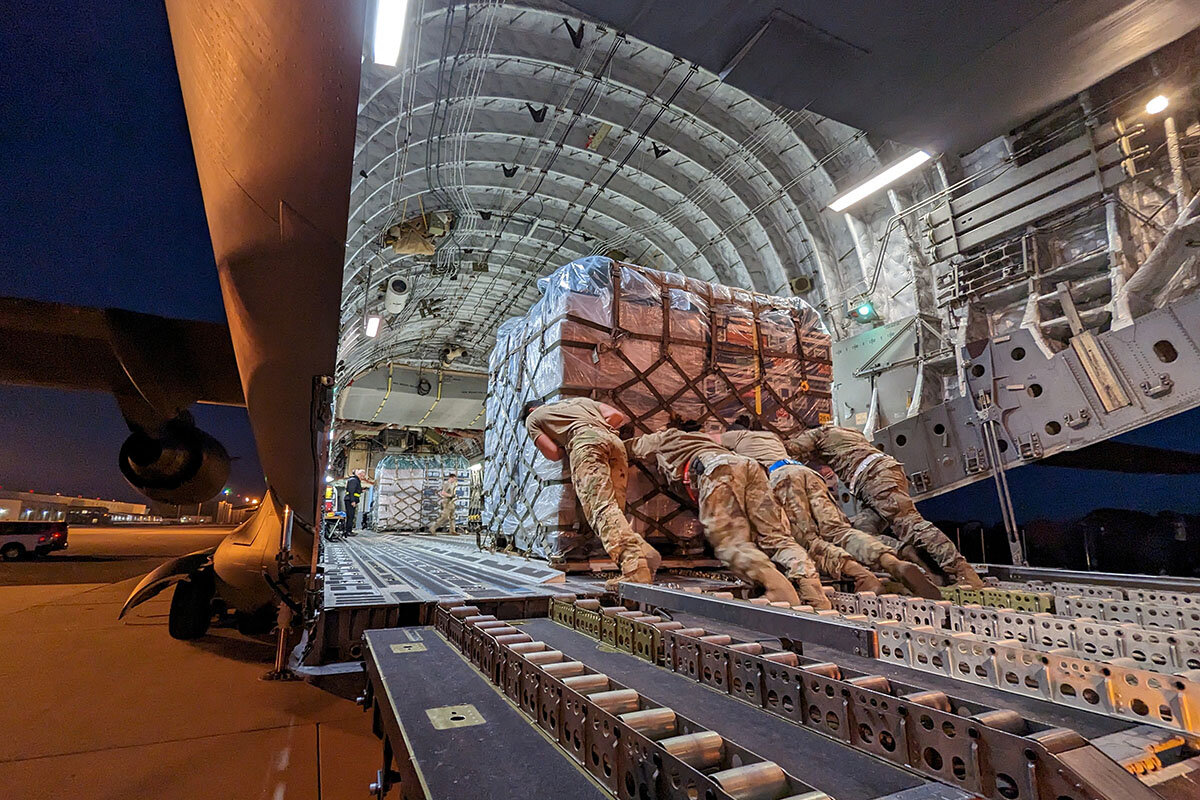As the president gears up for an expected reelection bid, he can tout accomplishments from low unemployment to new infrastructure projects. But 4 in 10 Americans say they’re worse off than two years ago.
Monitor Daily Podcast
- Follow us:
- Apple Podcasts
- Spotify
- RSS Feed
- Download
 Sara Miller Llana
Sara Miller Llana
My story in today’s Daily is the hardest I’ve ever written.
To report it, I needed to talk to people who lost family in a tragic bus crash in Canada that killed 16 members of the Humboldt Broncos hockey team in 2018. And I needed to ask them how they felt about the possibility of forgiveness for the driver who was responsible.
As a reporter for The Christian Science Monitor, where one of our driving missions is to shine light, I’m used to finding sources who are eager to tell me their stories. But this one raised particularly difficult questions. I got far more rejections than invitations to talk. Some of the responses were full of anger – directed squarely at me and this newspaper.
At times I was deeply hesitant to continue. Were we, a newspaper founded on the promise to “injure no man,” in fact doing just that?
Many consider “the media” to be arrogant and self-serving. But most of the journalists I know are full of self-doubt. We feel a deep responsibility when writing about someone’s life, and it’s a terrible feeling to get it wrong. In my early career, as a foreign correspondent in Mexico in a job I loved, that burden felt so heavy at times that I considered leaving.
Years later, this story had me once again questioning everything I was doing. I sat for days trying, and failing, to write the first sentence.
And then the words of Christina Haugan came to mind.
Her husband, the team’s widely adored head coach, had been killed in the crash. We had spoken about whether it was hard for her to talk about her journey of forgiveness, knowing it hurts other families who don’t feel the same way. She, like every person in this piece, was adamant that her journey is not the only one – or that she is somehow better because she has forgiven.
But, she said, if she can help just one person – anyone, anywhere in the world, who is grappling with unthinkable grief – it’s worth it to speak out. And it was with those words that I found the courage to share her story.





